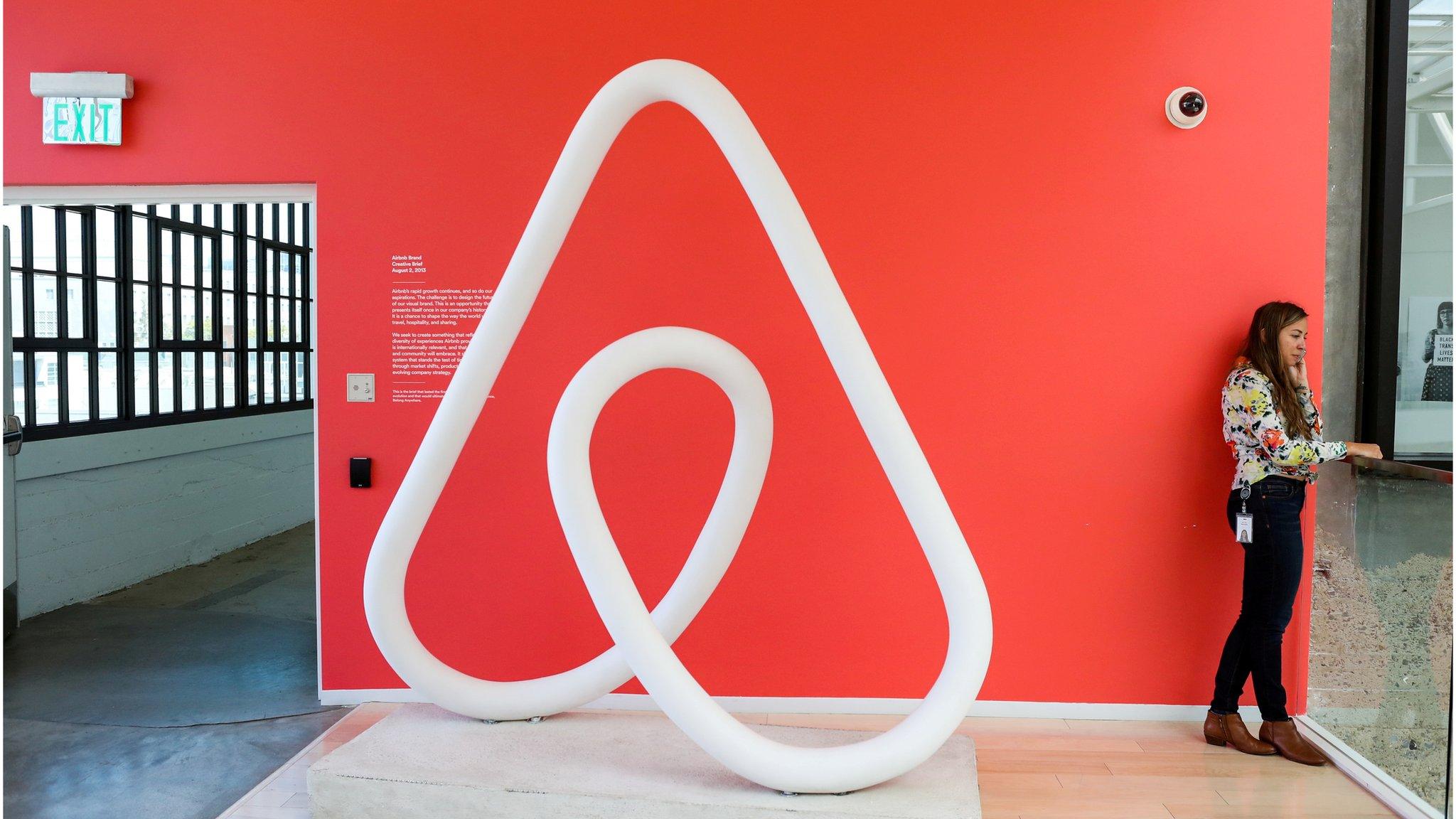Investors mob Airbnb listing giving it $100bn value
- Published
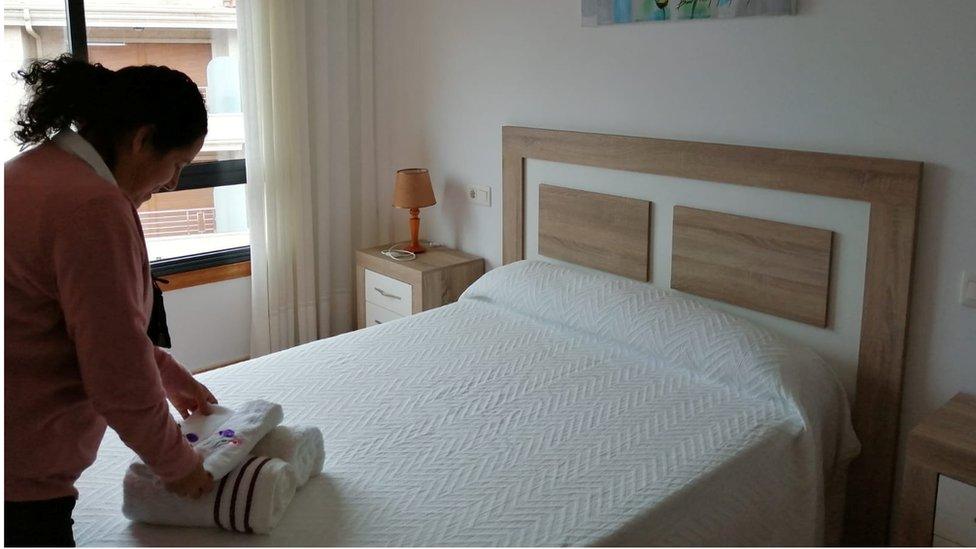
Shares in holiday booking platform Airbnb have surged on their first day of public trade, giving the firm a valuation of more than $100bn.
The massive listing - the biggest of the year in the US - raised $3.5bn (£2.6bn) for the firm.
The firm said it would use the money to help it survive the pandemic, which has devastated travel.
The flotation comes as investor appetite for tech firms has sent US markets soaring.
Demand for Airbnb shares was so hot, prices in opening trade more than doubled from the $68 apiece fetched ahead of the listing. That figure was already more than the firm had initially targeted.
Chief executive Brian Chesky told the BBC the firm planned to use the unexpectedly large windfall to help navigate the crisis.
"We are still in a storm," he said. "We don't know how long the storm is going to last so we hope for the best but we plan for the worst."
"We're going to be very prudent and very thoughtful about our investment, especially in a world of a huge amount of uncertainty, which is clearly where we still are right now," he added.
Airbnb bookings crashed this spring, forcing it to slash staff numbers by 25% and raise $2bn in emergency funds.
Last month, the firm said travel had returned somewhat over the summer, as people looked to escape locked down cities with long-term rentals within driving distance. The company reported a surprise profit for the July, August and September months.
But the firm has warned that renewed lockdowns in many places will weigh on recovery.

Airbnb was founded by Nathan Blecharczyk, Brian Chesky and Joe Gebbia when they were in their 20s
Russ Mould, investment director at AJ Bell, said the money Airbnb raised despite the turmoil was a sign of hope that the travel industry will rebound quickly.
"Investors are clearly looking to [Airbnb] for a company that is a long term disruptor but at the same time a short-term winner if and when people start to travel in greater numbers in 2021," he said.
He added: "You've also got very, very enthusiastic stock markets right now... Some people think they may be running a little bit too hot but we shall find out."
More companies have raised more money by floating on US exchanges this year than any year since 2014, according to Renaissance Capital, a Connecticut-based firm that offers investments focused on initial public offerings.
In addition to Airbnb, US restaurant delivery company DoorDash raised $3.3bn just this week.
Airbnb origins
The listing has cemented the billionaire status of the firm's three founders, who started the company as a home-sharing site in 2008.
Since then, it has grown into a global juggernaut, with more than four million people listing properties on the platform in countries around the world.
Last year, roughly 54 million people reserved stays through the company, which takes a cut of each booking and made roughly $4.8bn in revenue last year.
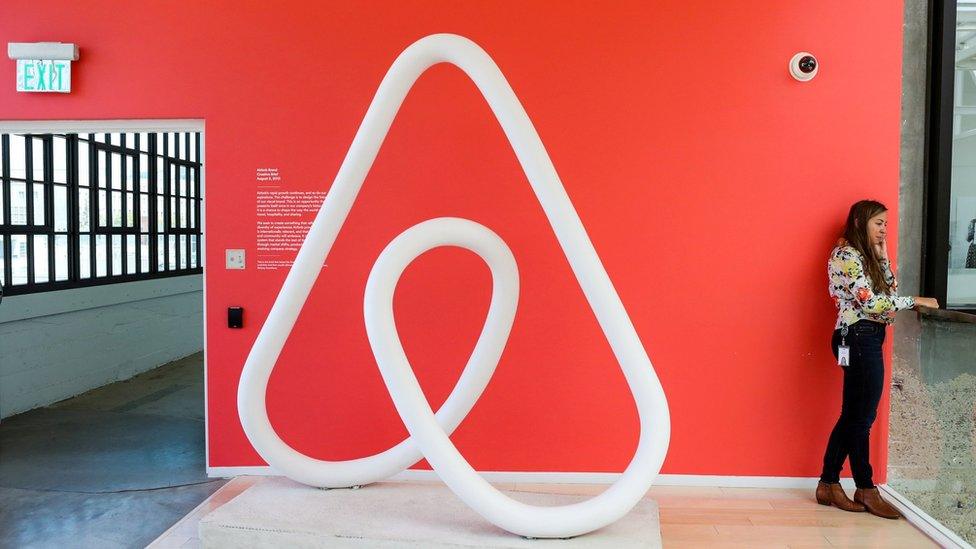
"When they launched they put a lot of pressure on hotel rates and I think they inspired consumers to really create their own travel experience," said Rebecca Crook, chief growth officer at UK-based digital product agency Somo.
"Because of that they became quite renowned in terms of disrupting what consumers really wanted and expected from travel brands."
Risks ahead
Airbnb's growth has challenged hotel rivals and caused headaches for cities worried about an influx of tourists to new areas.
Those complaints have subsided since the pandemic, but the threat of more regulation is still a "major risk that Airbnb are going to have to tackle," Ms Crook said.
The company has also lost money every year since its founding - with losses of roughly $696m in the first nine months of this year.
As of September, bookings remained more than 20% lower than in September 2019. And the firm warned they could fall farther again as officials in some places re-imposed lockdowns.
In Kenya, much of the tourist trade has dried up, said Karen Fraser, who hosts guests in a double decker bus in her garden.
"We're still getting our weekend bookings... but it's totally empty during the weeks," she said.
Prior to the pandemic, the business was doing so well she gave up her day job.
She says she's hopeful the pandemic has created pent-up demand that will make next year better than ever.
"We're all hoping for a bumper year," she said. "Whether that happens or not, we'll have to wait and see."
Related topics
- Published30 October 2020

- Published5 May 2020
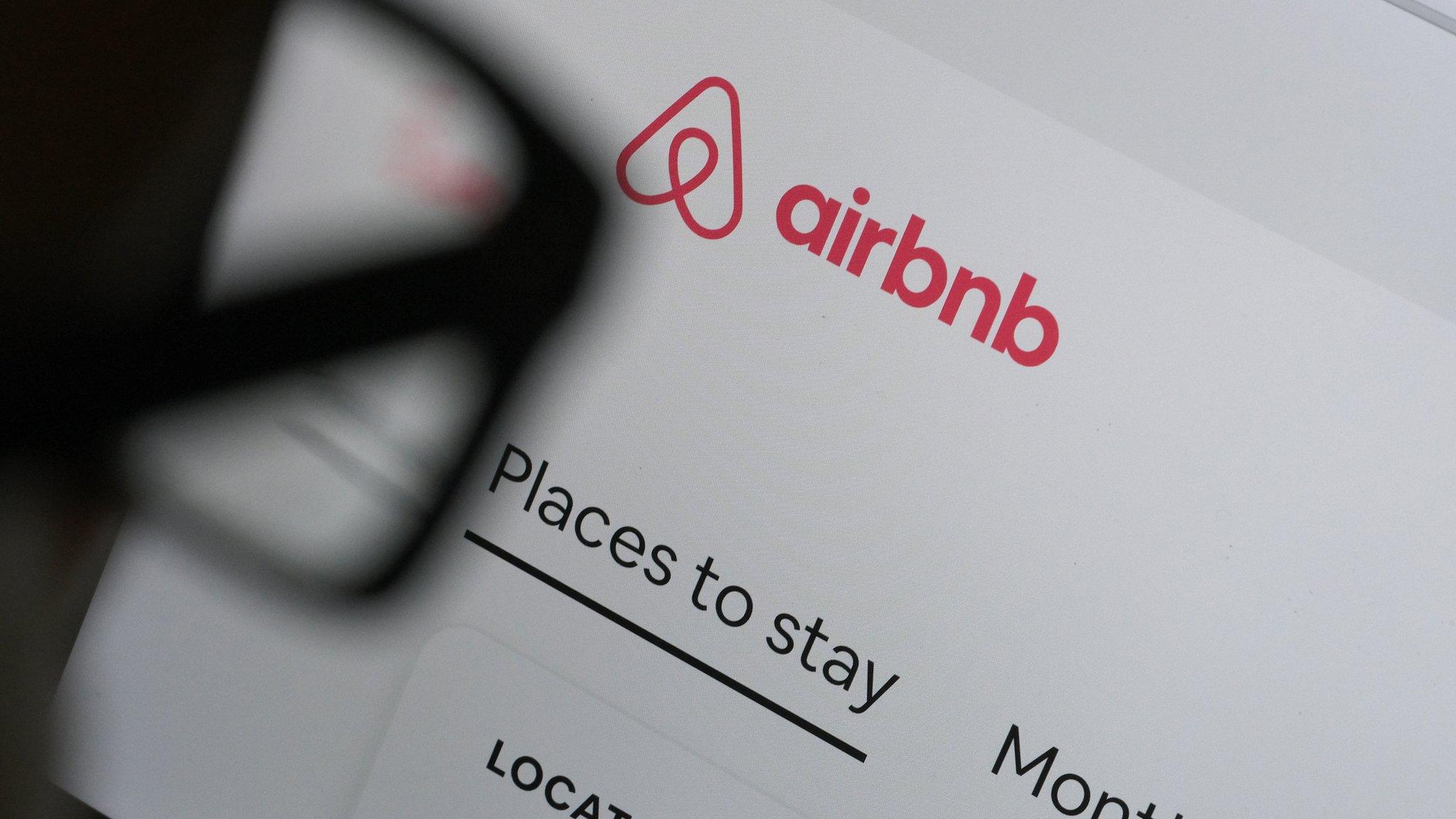
- Published20 August 2020
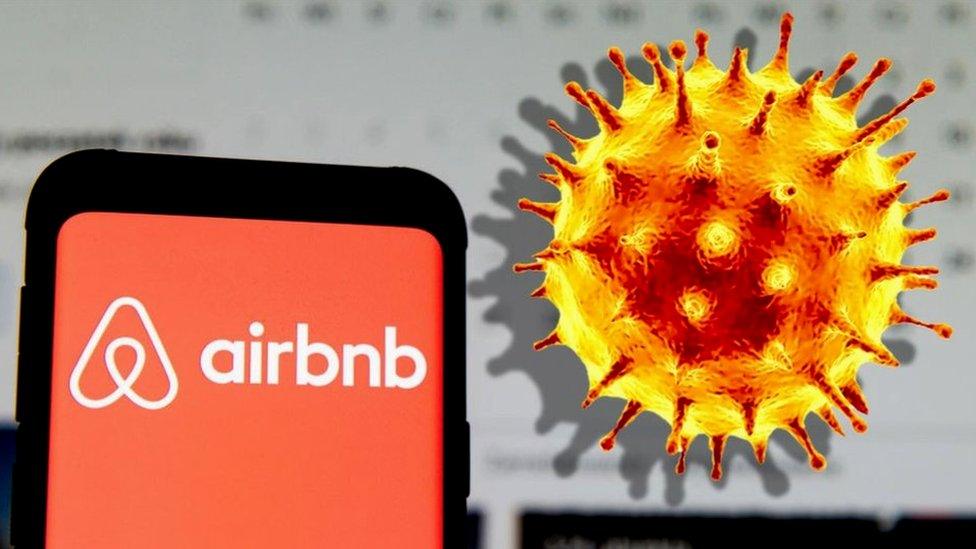
- Published16 November 2020
